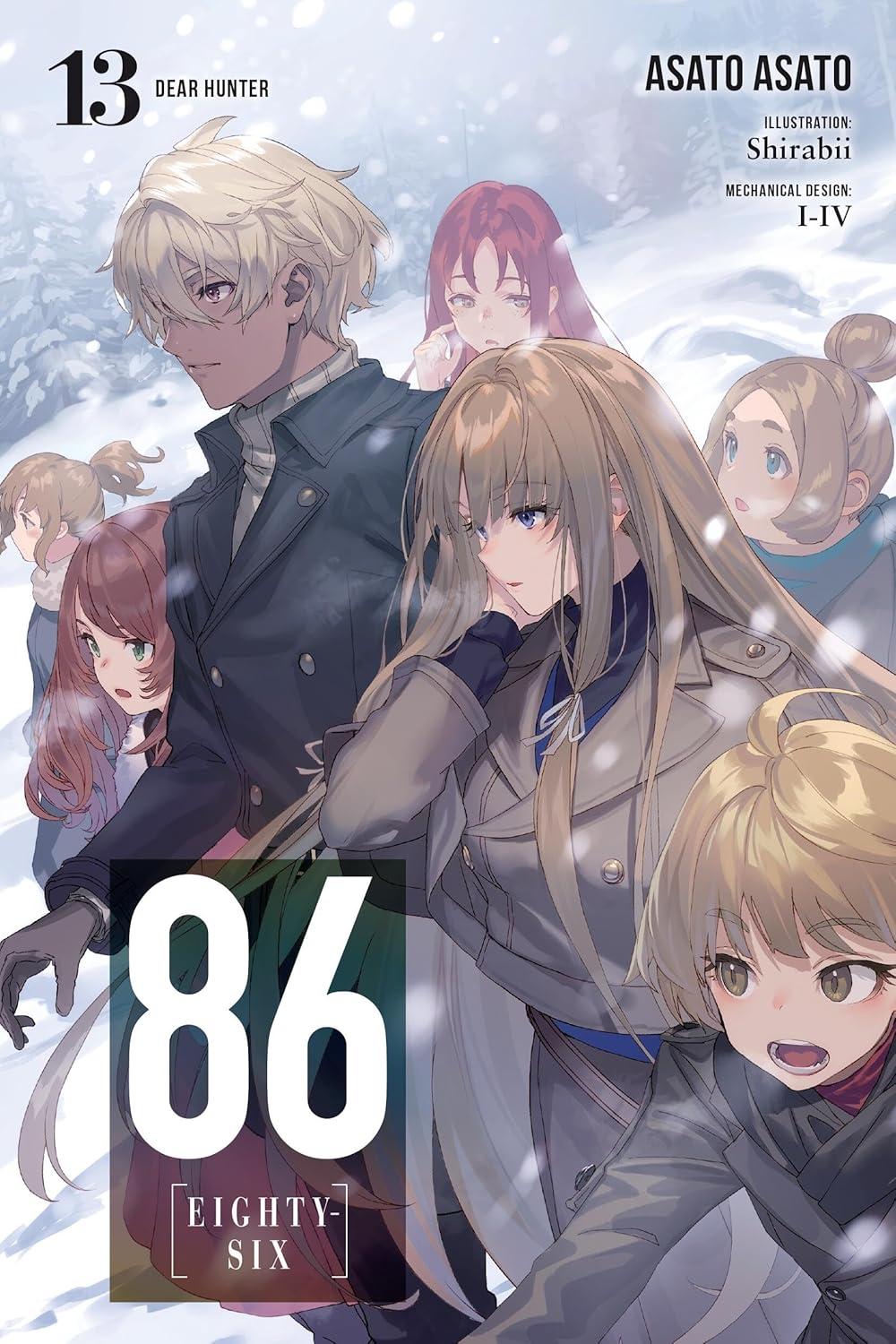By Asato Asato and Shirabii. Released in Japan by Dengeki Bunko. Released in North America by Yen On. Translated by Roman Lempert.
Yes, the “Dear” in the subtitle is spelled correctly, as the author states in the afterword. As for the book itself: I would like to remind readers, before I continue, that I do think this is an excellent series and I eagerly await reading the next book. That said, reading this was like being punched in the face for 318 pages. Each of the volumes has built on what has gone before, and here it reaches a crescendo, as everything completely falls into chaos, leaving our main cast in a situation exactly where they were at the start of the first book. It’s not quite “everything is for nothing”, but it’s close. The book has never been subtle about choosing kindness over prejudice, but here it reminds everyone that choosing to be kind is hard and requires constant vigilance, whereas being prejudiced is easy, and if a person is under stress or furious, easy is what happens. In among this, we do have time for another part of the secondary romance in the series, but even that is dramatic and bittersweet.
We open the book with a group of young girls preparing to go on a journey. They’re all part of a group, and we find that some of that group aren’t joining them. We then discover that this group are girls who were experimented on by Republic scientists and turned into living human bombs, who will go off at certain times. As this comes to light, along with the fact that it was Republic scientists who were responsible, rumors start flying. The “human bomb” thing is contagious. Everyone from the Republic is a secret enemy. Everyone who is foreign in any way is a secret enemy. And, of course, the Eighty-Six are secret enemies. As this goes on, the military falls apart, as all the soldiers turn on each other. Now Shin and company have to try to at least make sure there’s a base for them to come back to, as well as try to stop the Legion, who are helping all this along. And they have to do it without Lena and Annette, who have been “detained”.
In the middle of this nightmare is the story of Anju and Dustin. Dustin, as it turns out, is the childhood friend of the girl who is the “head” of these human bombs, and was unaware what happened to her until it’s revealed. The obvious narrative choice would be for him to desert, making a dangerous trek over the battlefield and reunite with her right before she does so they can have a tearful reunion. But not only would that go against literally everything that the Eighty-Six series has ever done, it also would not be fair to Anju, who has finally managed to acknowledge moving on from her first love and finding a new one with Dustin, and now there’s all this. I did wonder if Dustin was going to die, and spark the final chaos. It doesn’t work out that way, but an Eighty-Six *does* die, and that leads to the cliffhanger, and to the final arc, where everything has to be fought for all over again right from the beginning.
Yyyyyyyeah. Really well-written. Great philosophical points. Feels very relevant to today’s world. But also: A BUMMER.


